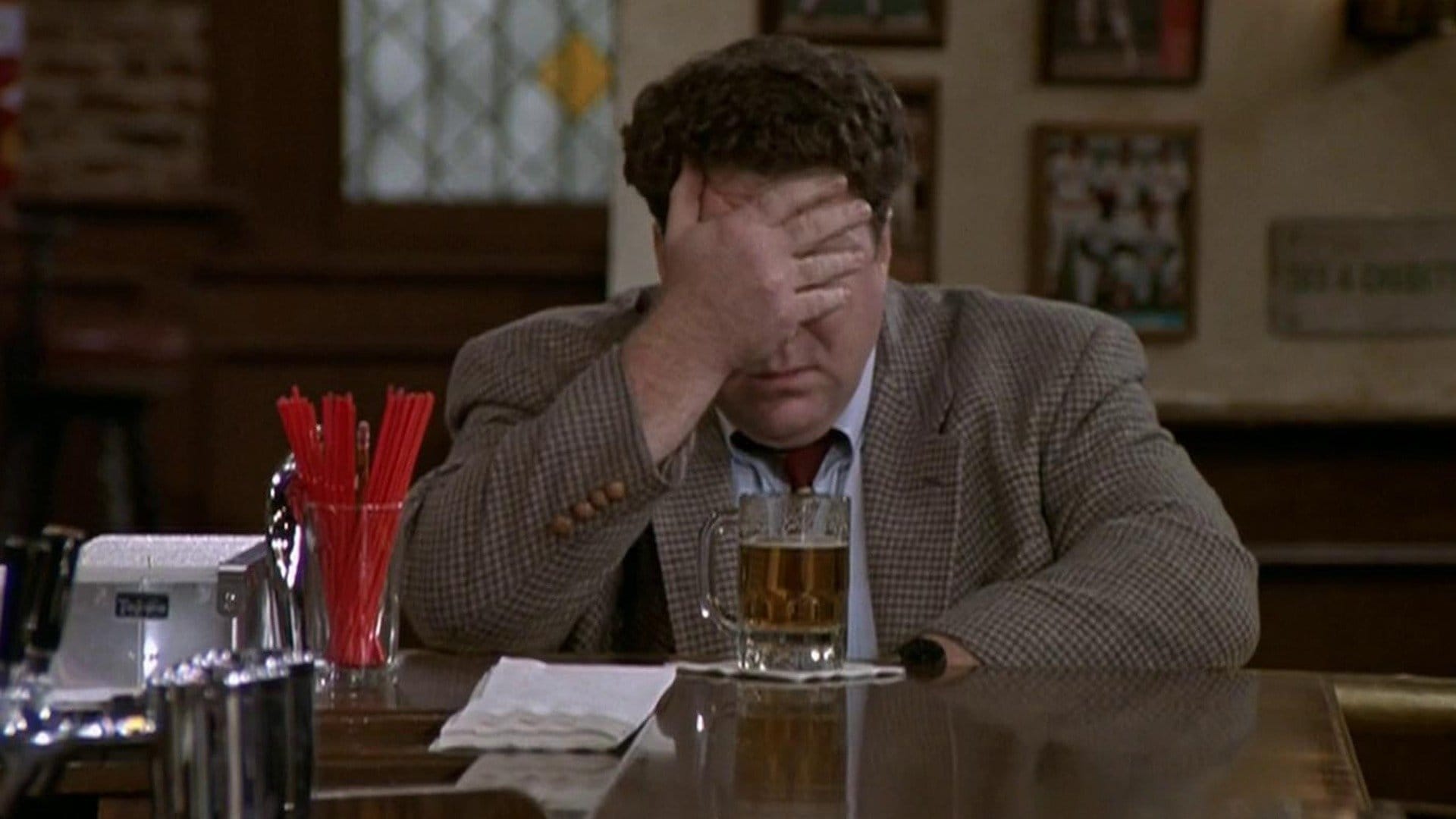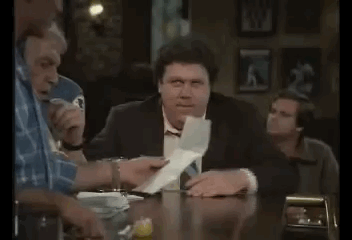From FTC regs pages 20-21. Note italics/underlined parts
II. Background
Both the FTC and the U.S. Customs Service have responsibilities related to the use of country-of-origin claims. While the FTC regulates claims of U.S. origin under its general authority to act against deceptive acts and practices, foreign-origin markings on products (e.g., “Made in Japan”) are regulated primarily by the U.S. Customs Service (“Customs” or “the Customs Service”) under the Tariff Act of 1930. Specifically, Section 304 of the Tariff Act, 19 U.S.C. § 1304, administered by the Secretary of the Treasury and the Customs Service, requires that all products of foreign origin imported into the United States be marked with the name of a foreign country of origin. Where an imported product incorporates materials and/or processing from more than one country, Customs considers the country of origin to be the last country in which a “substantial transformation” took place. A substantial transformation is a manufacturing or other process that results in a new and different article of commerce, having a new name, character and use that is different from that which existed prior to the processing. Country-of-origin determinations using the substantial transformation test are made on a case-by-case basis through administrative determinations by the Customs Service.
The FTC also has jurisdiction over foreign origin claims in packaging insofar as they go beyond the disclosures required by the Customs Service (e.g., claims that supplement a required foreign origin marking, so as to represent where additional processing or finishing of a product occurred). In addition, the Commission has jurisdiction over foreign-origin claims in advertising, which the U.S. Customs Service does not regulate.
Where Customs determines that a good is not of foreign origin (i.e., the good undergoes its last substantial transformation in the United States), there is generally no requirement that it be marked with any country of origin. For most goods, neither the Customs Service nor the FTC requires that goods made partially or wholly in the United States be labeled with Made in USA or any other indication of U.S. origin. The fact that a product is not required to be marked with a foreign country of origin does not mean that it is permissible to promote that product as Made in USA. The FTC will consider additional factors, beyond those considered by the Customs Service in determining whether a product is of foreign origin, in determining whether a product may properly be represented as Made in USA.
This statement is intended to address only those issues related to U.S. origin claims. In developing appropriate country-of origin labeling for their products, marketers are urged also to consult the U.S. Customs Service’s marking regulations.




